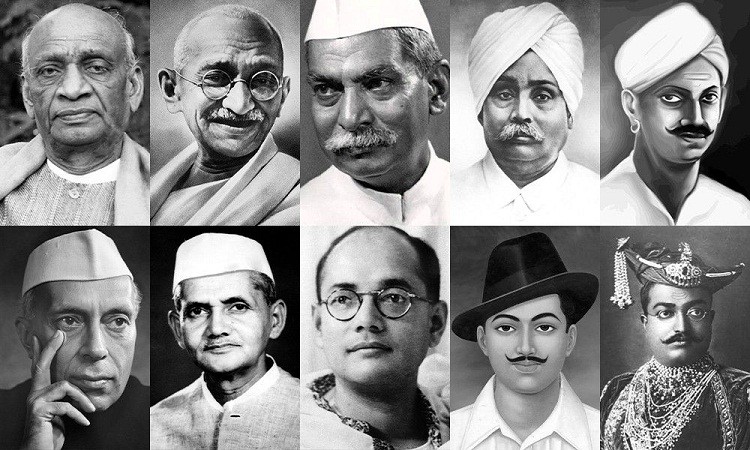
India's journey towards independence was a long and arduous struggle, marked by numerous sacrifices, protests, and campaigns against British colonial rule. The attainment of freedom was a defining moment in the nation's history, and Independence Day serves as a poignant reminder of this hard-fought battle. The first Independence Day celebrated in India holds a special place in the hearts of its citizens, as it marked the culmination of years of relentless efforts to break free from the shackles of imperialism.
Historical Context: The roots of India's quest for independence can be traced back to the 19th century, when leaders like Mahatma Gandhi, Jawaharlal Nehru, Subhas Chandra Bose, and others began advocating for self-governance and the end of British colonial domination. The Indian National Congress played a pivotal role in uniting the diverse populace under the common goal of achieving independence.
Amidst various protests, movements, and initiatives, the turning point came in the form of the Quit India Movement launched in 1942. It marked a watershed moment in India's struggle for freedom, with mass protests and civil disobedience taking center stage. This momentum eventually led to the eventual realization of the dream of an independent India.
The First Independence Day: The first Independence Day was celebrated on August 15, 1947. The historic event marked the official end of British colonial rule in India after nearly 200 years of subjugation. The British Indian Empire was dissolved, and the nation was finally granted its long-awaited freedom.
On the eve of Independence Day, Jawaharlal Nehru, who later became India's first Prime Minister, delivered his iconic speech, "Tryst with Destiny." His words resonated with the hopes and aspirations of millions of Indians who had waited patiently for this day:
"Long years ago we made a tryst with destiny, and now the time comes when we shall redeem our pledge, not wholly or in full measure, but very substantially. At the stroke of the midnight hour, when the world sleeps, India will awake to life and freedom."
The celebrations were marked by flag hoisting ceremonies, cultural events, and a sense of unity that transcended caste, creed, and religion. The Indian flag, with its saffron, white, and green hues, was raised with pride, symbolizing the nation's sovereignty and the collective struggle that had led to this moment.
Legacy: The first Independence Day laid the foundation for a new India – a democratic, diverse, and dynamic nation. While the immediate aftermath of independence brought challenges such as partition and the refugee crisis, it also brought with it the promise of a brighter future. The Constitution of India, adopted in 1950, established the principles of liberty, equality, and fraternity, shaping the nation's identity and guiding its progress.
The first Independence Day celebrated in India on August 15, 1947, holds immense significance in the annals of history. It stands as a testament to the indomitable spirit of a nation that fought against all odds to reclaim its freedom. This day serves as an annual reminder of the sacrifices made by countless individuals, the vision of its leaders, and the unbreakable unity of its people.